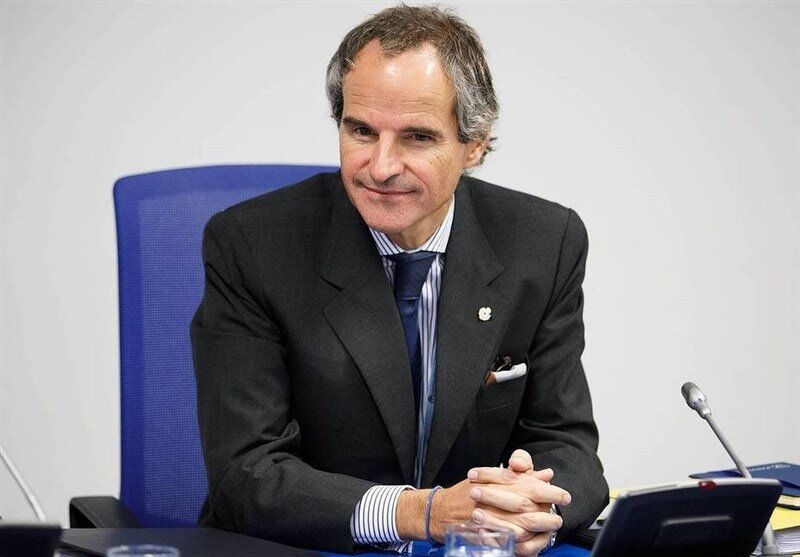IAEA chief says may meet Iranian officials in Vienna

TEHRAN – The new UN nuclear watchdog chief said on Tuesday he may hold talks with Iranian officials who will be in Vienna later this week for a meeting of the remaining JCPOA parties.
Rafael Grossi, the director-general of the International Atomic Energy Agency (IAEA), told Reuters he hopes he can help set a new tone with the Islamic Republic in his first face-to-face talks.
He also described Iran’s nuclear program as one of the priorities he would consider “immediately”.
“I’m the new kid on the block in this relationship. They’ve been there, now they get a new DG, so we have to sit down together, start talking and take it from there,” he said.
“Let me start my conversation with Iran. I don’t think it would be appropriate, and it would be unfair, to pronounce myself about their attitudes before I sit down with them.”
Grossi has said he will be “firm but fair” on inspections generally, including in Iran, without spelling out what that means. He told Reuters he is satisfied with the work the IAEA’s inspections team has been doing.
Under a nuclear agreement Iran signed with the 5+1 nations in July 2015, Tehran agreed to put limits on its nuclear activities in exchange for termination of economic and financial sanctions. The IAEA was tasked to monitor Iran’s compliance with the agreement, officially known as the Joint Comprehensive Plan of Action (JCPOA).
But in May 2018 U.S. President Donald Trump pulled his country out of the JCPOA and reinstituted sanctions on Iran.
Iran and the remaining parties launched talks to save the JCPOA after the U.S. withdrawal, but the three EU parties to the deal (France, Britain, and Germany) have failed to ensure Iran’s economic interests.
Iran started to partially reduce commitments under the nuclear deal exactly a year after the U.S. abandoned the deal and imposed the harshest ever sanctions on the country under the “maximum pressure” policy. At the time Iran announced that its “strategic patience” is over.
So far, Iran has taken four steps in that regard.
However, Tehran has repeatedly said its measures will be revered as soon as Europe finds practical ways to shield the Iranian economy from unilateral U.S. sanctions.
MH/PA
